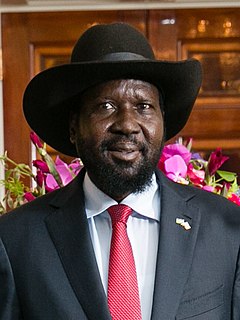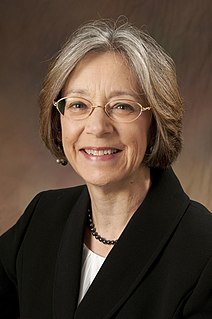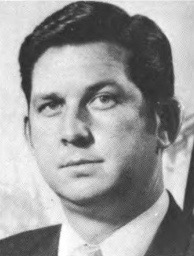A Quote by James Howard Kunstler
Our twenty-first century economy may focus on agriculture, not information.
Quote Topics
Related Quotes
It is time... to end the long-standing and unproductive methodological debate over 'originalism' versus 'dynamism' or 'evolution' and focus instead on how, as a substantive matter, we should interpret the Constitution in the twenty-first century, and what it has to say on questions unimaginable to our eighteenth-century Framers.
It is my belief that whereas the twentieth century has been a century of war and untold suffering, the twenty-first century should be one of peace and dialogue. As the continued advances in information technology make our world a truly global village, I believe there will come a time when war and armed conflict will be considered an outdated and obsolete method of settling differences among nations and communities.
There is so much information that our ability to focus on any piece of it is interrupted by other information, so that we bathe in information but hardly absorb or analyse it. Data are interrupted by other data before we've thought about the first round, and contemplating three streams of data at once may be a way to think about none of them.
In Western Pennsylvania, our parents and grandparents left us a strong system of roads, rails, bridges, locks, dams, streetcars, and more - an investment that paid off throughout the twentieth century. It now falls to our generation to rebuild and improve upon this system for the twenty-first century.
The proper role of government, however, is that of partner with the farmer -- never his master. By every possible means we must develop and promote that partnership -- to the end that agriculture may continue to be a sound, enduring foundation for our economy and that farm living may be a profitable and satisfying experience.


































